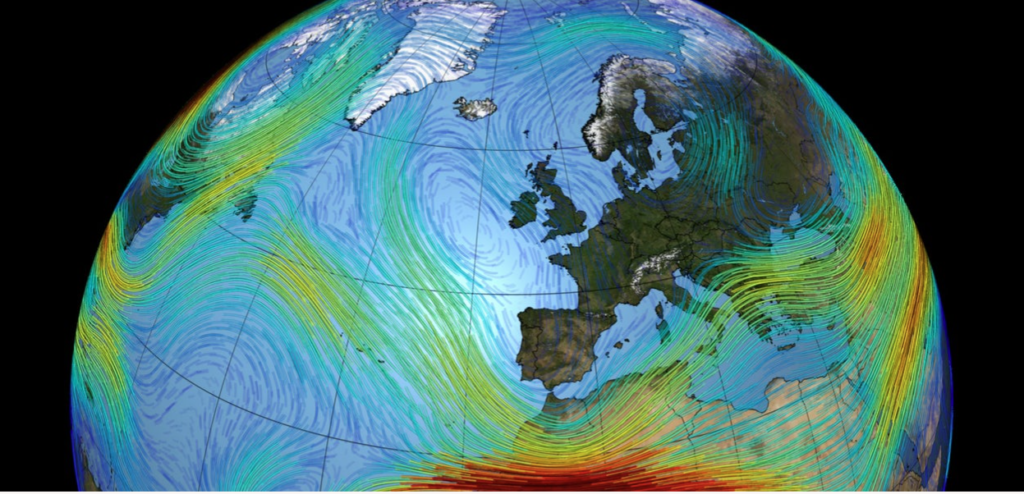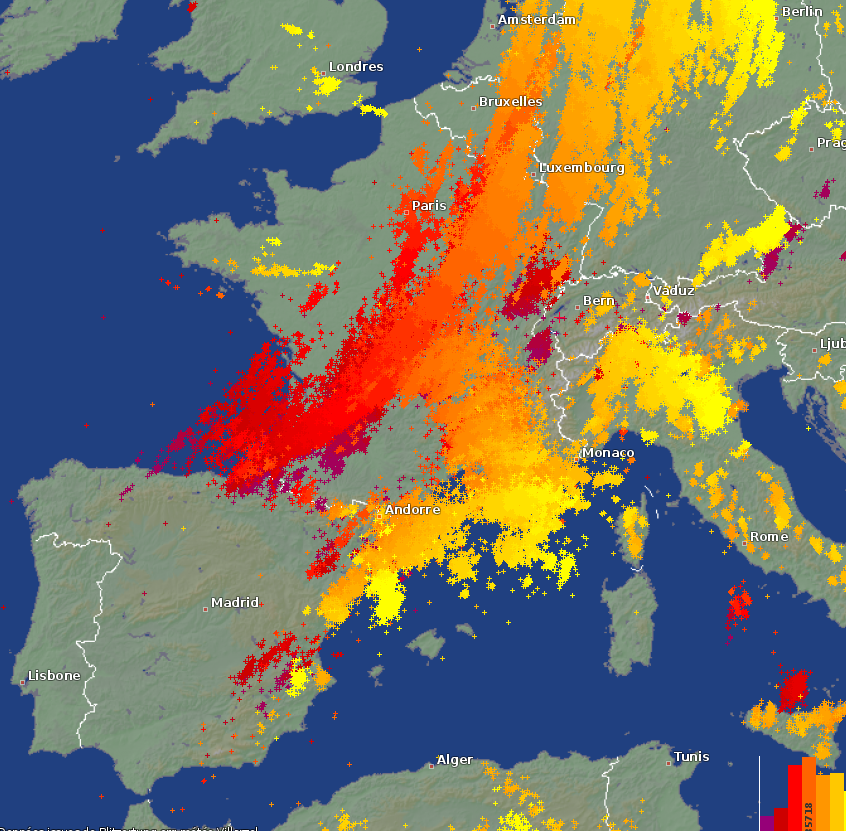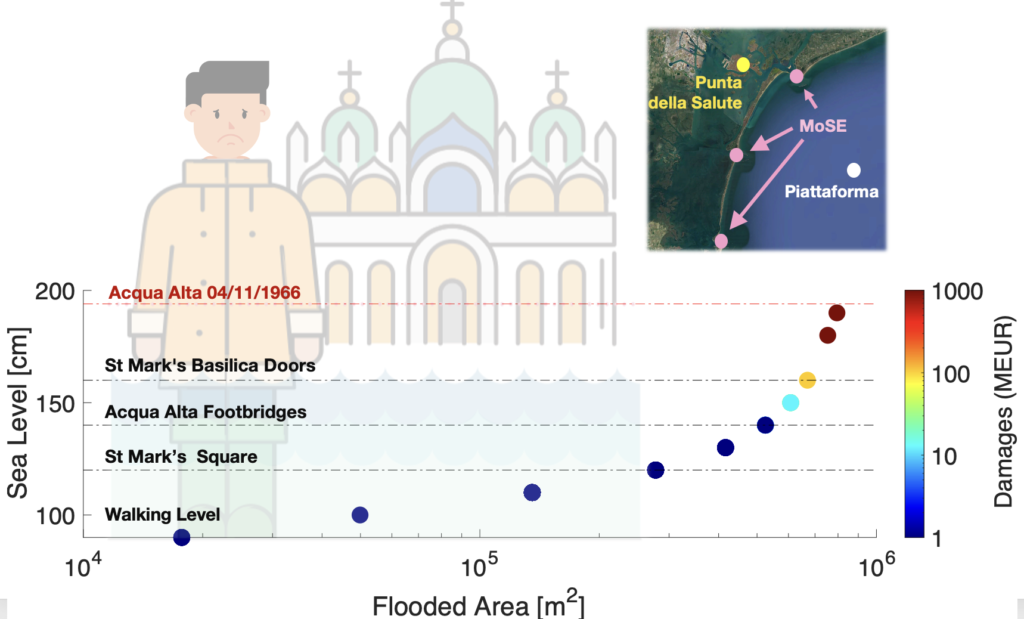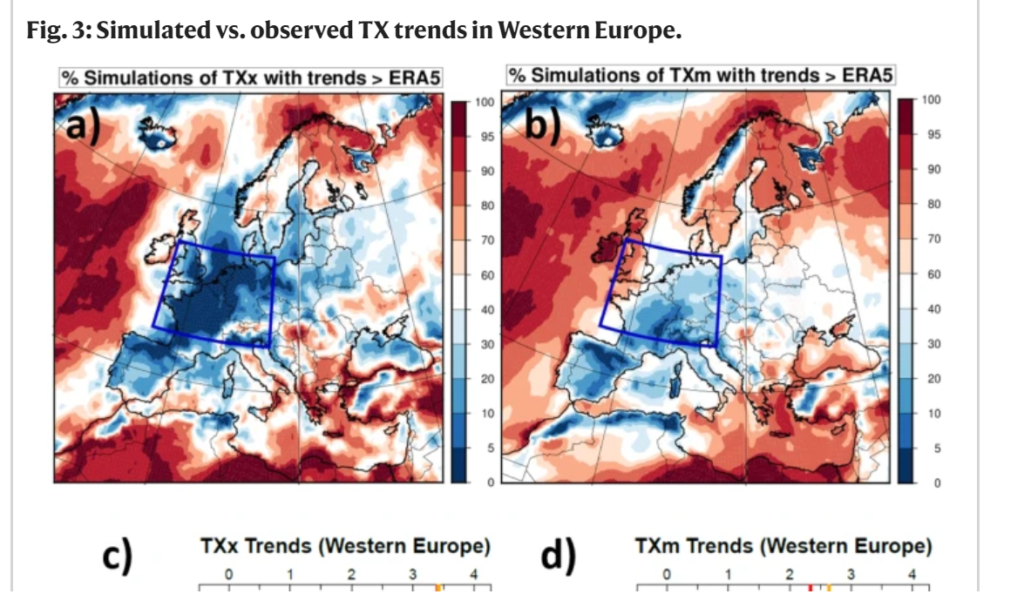Paper: Summer wind patterns in the north are changing due to climate change

Read the paper: Summer wind patterns in the north are changing due to climate change. The emissions of greenhouse gases and aerosols have led to a weakening of weather systems in the summer on the Northern Hemisphere.
Paper: Severe storms in France have already been intensified by climate change

Read the paper: Severe thunderstorms, such as derechos, are less studied phenomena in Europe than in the USA. However, a recent event has highlighted the very real threat they can pose to Europeans.
Paper: Simulations of a worst-case heatwave during the Paris Olympics in 2024

Read the paper: The Paris Olympics in 2024 will take place between July 26th to August 11th 2024, at the apex of the temperature seasonal cycle. Can the deadly 15-day temperature record of 2003 be broken in the present decades? How hot can it be in the Paris area?
Paper: Attributing Venice Acqua Alta events to a changing climate and evaluating the efficacy of MoSE adaptation strategy

Read the paper: This research employs an innovative approach by utilizing analogues of atmospheric patterns to scrutinize four notable Acqua Alta events in the Venice lagoon, specifically those connected with intense Mediterranean cyclones that transpired in 1966, 2008, 2018, and 2019. The findings provide compelling evidence that modifications in atmospheric circulation, while not solely attributable to human activities, are undeniably linked to the increased severity of these events, thereby illuminating the vulnerability of Venice to the impacts of climate change. Furthermore, the study conducts a comprehensive assessment of the MoSE system, a crucial adaptation infrastructure designed to mitigate flooding in Venice, and underscores its effectiveness in protecting the city against events with historical analogues, particularly those akin to the catastrophic 1966 flood.
Paper: Heat Extremes in Western Europe warmed faster than simulated

Read the paper: Over the last 70 years, extreme heat in Western Europe has intensified with 3.4°C per degree global warming. A rate much larger than nearly anywhere else. Very few models capture the observed trend. None of them captures the large contribution from trends in atmospheric circulation.
The mismatch can be due to an underestimated circulation response to external forcing or underestimated unforced internal variability, or both. The former implies that heat extremes continue to intensify at an extreme rate, the latter that the trend continues but may slow down.

